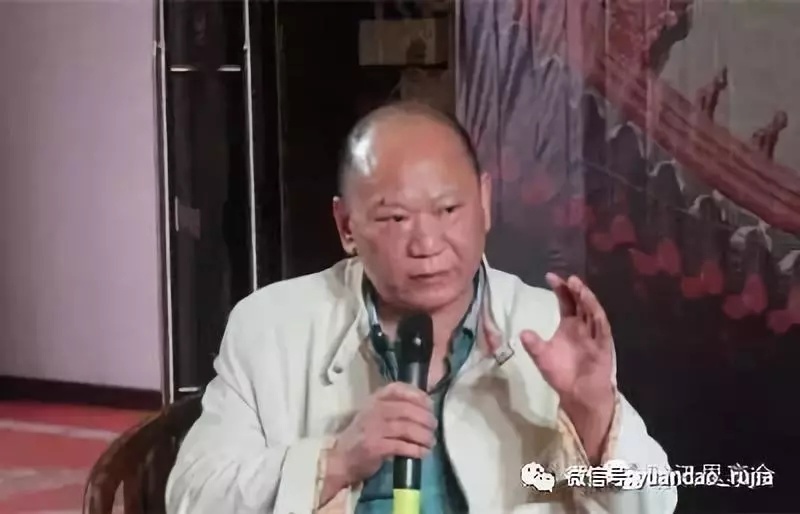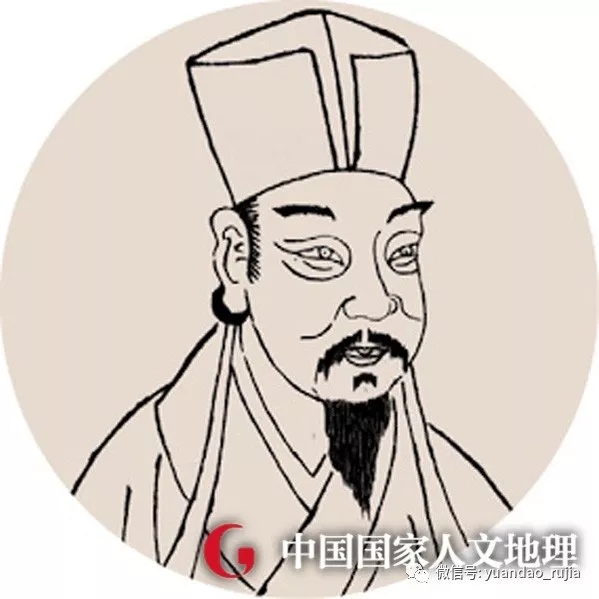requestId:68499ac0606b94.08767179.
The logical progress of the theory of “governance” in the Northern Song Dynasty
Author: Guan Yun
Source: “Yuandao” No. 35, edited by Chen Ming and Zhu Han, Hunan Major Bookstore published in January 2019/b>
Time: Confucius was in the middle of the spring of Jihai in 2570 and Renxu
� src=”https://static.rujiazg.com/storage/article/20190328_230415_026.jpg!article_800_auto” style=”font-family: “Helvetica Neue”, Helvetica, Arial, sans-serif;”>
(“Second Collection”, published by the China Book Bureau in 2004)
Content summary: In order to revive the domineering rule of the three generations and rebuild the political tide of this dynasty, Song Confucianism took the connotation of the “way of the previous kings” as a key point in his studies and carried out his exploration of the problem of “governance”. In the early Song Dynasty, Confucians gradually realized that to build this “governance” of “governance” of “governance” and to first establish the “Tao system” of “the principle of life”.
Therefore, in exploring the theory of domineering politics, we will touch on the problem of the principle of life in heaven. Although the new study of the Lord of the Lord also establishes the theory that both the inner sage and the outer king, the study of morality and life is not pure, so its “governance” structure also lacks a solid foundation.
It was not until the two Chengs invented the “nature law” to establish the “Tao body” of the inner sage that there was no basis for discussing the “governance” of the outer kings. Especially because of their knowledge of “the superiors are in harmony with the principles of heaven and the inferiors are in harmony with the people”, “the superiors are in harmony with the principles of heaven and the ultimate in harmony with the principles of heaven”, “the pure king’s heart is in harmony with the pure king’s policies”, the Song Confucians’ construction of “governance” was initially completed.
The Northern Song Dynasty’s academic studies changed from exploring the “governance” to establishing the “Tao Body”, and then developed the process of “governance” from “Tao Body”, and there were twists and turns from “outer king” to “inner sage”, and then turned from a new “outer king”.
Keywords: Governance; Learning; The Way of the Ancient Kings; Wang Anshi; Two Cheng
1. Introduction
The rejuvenation of Confucianism in the Song Dynasty was closely related to political construction. Political transformation requires theoretical resources to be provided for through education as a guide to thinking and governance. The academic research of Confucianism promotes Confucianism and the theory of the Six BooksWhen deepening, it also provides practical preparation and theoretical support for transformation. In the same way as the Han and Tang chapters and sentences, Confucianism has obvious changes in governance thinking and academic theory.
In terms of specific circumstances, first, invent the principles of the “Book of Changes”, in thinking, they pursue political transformation and reconstruction of domineering governance and seek justice; second, they promote the meaning of “Year”, explore the great law of the three generations of kings to govern the country, and establish the theory of “governance” in the Song Dynasty as the highest political affiliation for establishing the country; third, they use the rules and regulations in the “Zhou of Changes” to adapt to the conditions of time in the practical level.
The academic research of Zuru Confucianism aims to solve the problem of the “governance” theory and construction of reviving domineering politics, and the gradually deepening exploration of the study of life in heaven is also a service. Teacher Long, Lu Guo, pointed out that Confucianism in the Northern Song Dynasty was essentially a political philosophy, and the energy of the times it represented was the sensible criticism and reconstruction of the order of civilization and its highest physical situation – political system.
Criticism is the basis for pursuing the fairness of the order of civilization. The so-called principles of life in heaven are thus developed; reconstruction is the form of justice that explores the order of civilization and political system, so it is necessary to promote “domineeringness” as the highest political strife, and combine the ancient and modern times to adjust the real politics to the purpose of the form of justice. [1]

(Luolong)
Teacher Liang Bin-chief also believed that there were two themes of the Confucian scholarship in the Northern Song Dynasty: “One is to develop moral and life learning to solve the problems of value and meaning of life; the other is to revive the three generations of tributes and kings to rebuild the order of people and political conspiracy ”[2]
Especially during the period of the rejuvenation of Confucianism, the important tasks and internal motivation of learning were the essential connotation of the way of the two emperors and three kings, and the construction of the theory of “governance” that rejuvenated and domineering politics of the Song Dynasty. In theory, the way of sages was listed as the Song Dynasty’s law, and the most important pursuit of political transformation and order reconstruction was in line with the laws.
Therefore, the learning of the inner sage that speculates about the way of heaven and life is not yet mainstream, and has not been deeply developed in the development of the Six Paths. However, with the continuous advancement of Confucianism, Confucianism gradually realized that it is necessary to establish a metaphysical learning to solve the problem of “governance” in the theoretical layer, in order to rebuild domineering politics and pursue political transformation to provide the highest ideological justice.
In fact, in the process of exploring the “governance” as the “rule of peace”, Confucianism also began to promote the “Tao system” as the “rule of life”. Therefore, Confucian rejuvenation has gradually shifted from the “outer king” to the request for “inner sage”. In this process, the most basic problem faced by the Confucian scholars of the Song Dynasty was: Where is the essence of the “way of sages” presented by the previous kings?
2. Confucianism in the early Song Dynasty: The dilemma of “the use of the mind”
In the early days of the rejuvenation of Confucianism in the Northern Song Dynasty, Confucianism combined the way of conveying the kings to “the way of the big ones”. For example, Su Su believes that the way of self-reign and Shun to the Master is the way of governing the country. His “Year and King Fawei” thinks that this is impossible, “Confucius wrote “Year and Era” to make it clear, and he can help it to improve it.” [3]
For example, in the first year of the year, “The first year, spring, the first month of the king”, Sun Su thought that the reason why saints wrote the Dharma is because “the originality is correct, and then they are praised by the method of the most important ones.” [4] In Sun Su’s “Age”, he summarized the theoretical connotation and value principles of “the way of the previous kings” as the so-called “the law in the world”, as a ideological resource for constructing the theory of “governance”.
Monai Ishisuke also believed that “the way of the three kings is not allowed”, and only “the way of the three kings” can be restored. [5] However, Sun Suk and Ishisuke’s discussion on this “the way of the big picture” is detailed, and its theoretical connotation is lacking and vague, so it cannot help it solve the problem of “governance”.
Hu Yuan at the same time believed that the “way of the great things” is what he called the “the ultimate way”. The Book of Changes learns as the way of the world, “口视频口口口口口口口口口口口口口口口口口口口口口口口口口口口口口口口口口口口口口口口口口口口口口口口口口口口口口口口口口口口口口口口口口[6] In the study of “Shangshu”, it is believed that its connotation lies in the “no bias, no party, no side” in governance, and no side” in which “the emperor is the ancestor of all things”, which is a metaphysical theoretical exploration of direction. [7]

(Hu Yuan)
Hu Yuan also turne